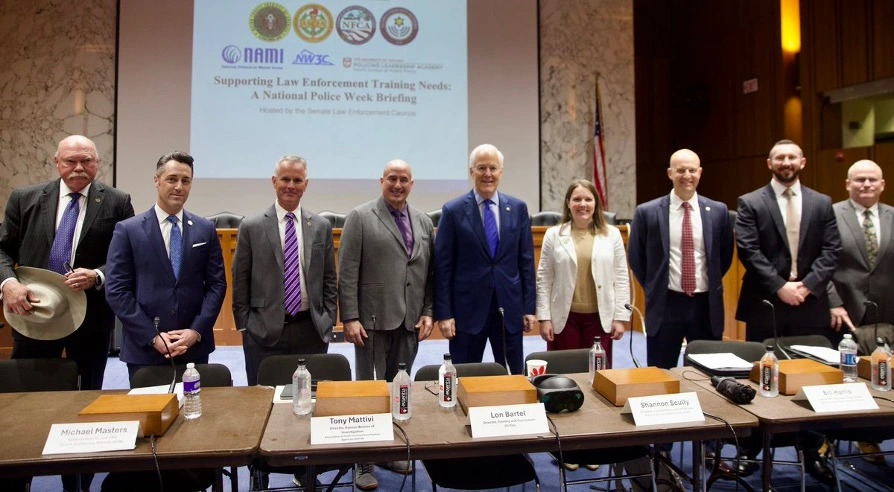Aug 2023
Brookings Institution Commentary: Making the invisible epidemic visible
New approaches can help connect domestic violence survivors to services.
Using new data from a large urban trauma center in Chicago, we document substantial under-reporting of domestic violence at the time of receiving medical care. Our analysis suggests that many women who receive treatment for their injuries in the emergency room (ER) do not disclose domestic violence victimization to medical personnel but do report to law enforcement within several days. This points to a missed opportunity to offer services and protection to domestic violence survivors earlier and in a more appropriate setting.
Latest Updates
How Treating Teens’ Trauma Is Stopping Violence in Chicago
The Tradeoffs Podcast highlights the Crime Lab’s study of Choose to Change, a program that pairs cognitive behavioral therapy with wraparound supports to engage young people who are increasingly disconnected from school and often exposed to high levels of trauma – with the goal of keeping them safe and helping them thrive.

Major Public Safety Associations Participate in Congressional Briefing on Law Enforcement Training Priorities During National Police Week
Alumni of the Crime Lab’s Policing Leadership Academy (PLA) participated in a bipartisan briefing as part of National Police Week, focusing on key law enforcement training priorities.

Book Review: What We Get Wrong About Violent Crime
Malcolm Gladwell pens a review of “Unforgiving Places,” a new book by Crime Lab Pritzker Director Jens Ludwig, that reflects on how the book “challenges our assumptions about why most shootings happen—and what really makes a city safe.”

